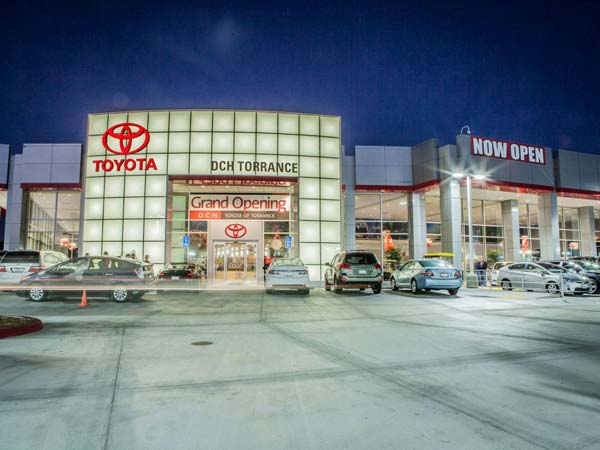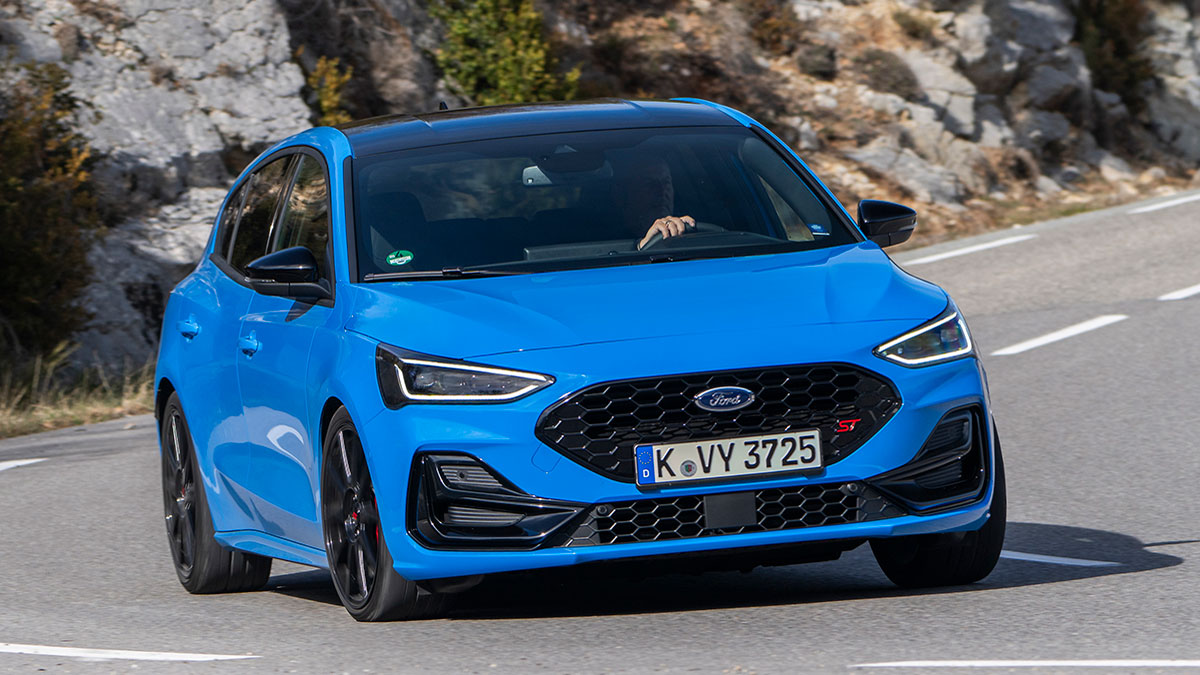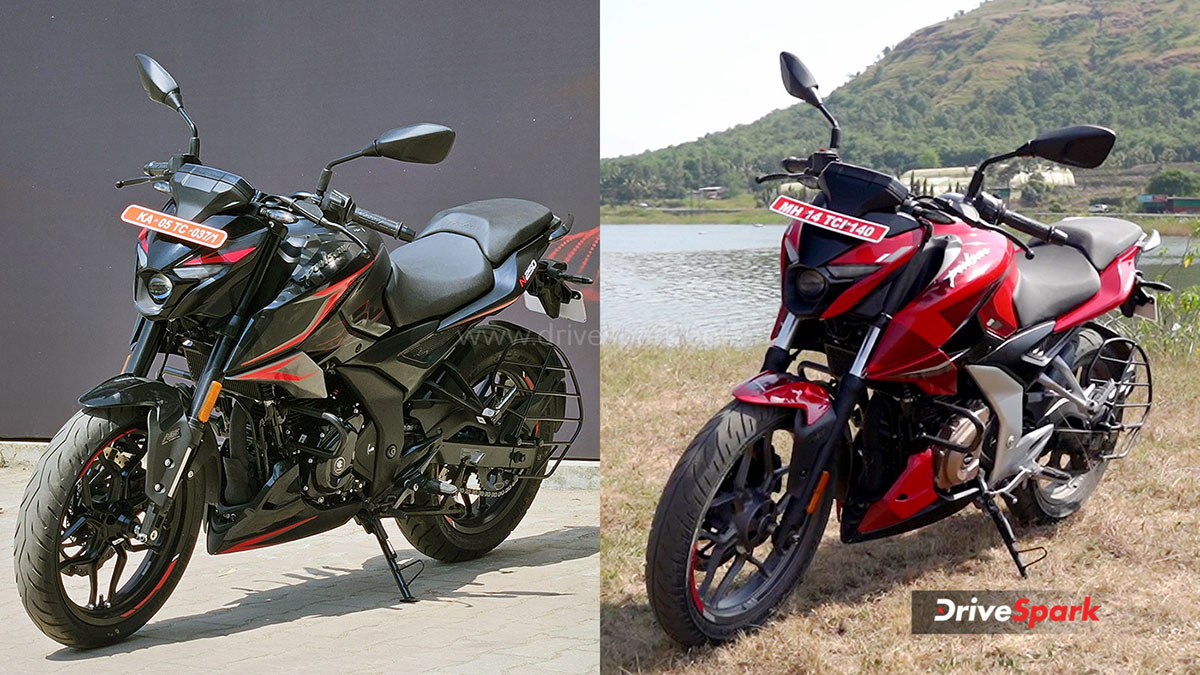Just In
- 3 hrs ago

- 3 hrs ago

- 7 hrs ago

- 7 hrs ago

Don't Miss!
- Sports
 RCB vs SRH, IPL 2024: List of Records Broken By Sunrisers Hyderabad While Scoring Mammoth 287
RCB vs SRH, IPL 2024: List of Records Broken By Sunrisers Hyderabad While Scoring Mammoth 287 - News
 Dharmendra Pradhan Failed As Union Education Minister, Says BJD
Dharmendra Pradhan Failed As Union Education Minister, Says BJD - Education
 NEET PG 2024: Check the Registration and Exam Date Here
NEET PG 2024: Check the Registration and Exam Date Here - Movies
 Ranveer Singh Turns Showstopper At Varanasi's Namo Ghat- Details About His Manisha Malhotra Outfit
Ranveer Singh Turns Showstopper At Varanasi's Namo Ghat- Details About His Manisha Malhotra Outfit - Lifestyle
 Chaitra Durga Ashtami 2024 Wishes, Greetings, Messages, Images, Posters, Twitter, And Instagram Status
Chaitra Durga Ashtami 2024 Wishes, Greetings, Messages, Images, Posters, Twitter, And Instagram Status - Finance
 1:1 Bonus Issue: Diversified Co Approves Allotment Of Bonus Shares, Shares Up 209% In 2-Yrs
1:1 Bonus Issue: Diversified Co Approves Allotment Of Bonus Shares, Shares Up 209% In 2-Yrs - Technology
 Xiaomi Smarter Living 2024 Set For April 23 in India; What to Expect?
Xiaomi Smarter Living 2024 Set For April 23 in India; What to Expect? - Travel
Maximise Your First Indian Adventure With These Travel Tips
Why Donald Trump’s Plan To Sell American Cars To Japan Will Not Work
The Japanese domestic market has not been very friendly towards American cars and Donald Trump wants to change that. We find out why it will not work.
The Prime Minister of India, Narendra Modi has made his ’Make in India’ campaign pretty successful with many manufacturers setting up their facilities in India. U.S President Donald Trump too seems to be on the same kind of trail, as he has been focusing on 'making America great again’.
As a part of his strategy in doing so, he has been trying to encourage American automotive manufacturers to build, and sell more cars, not just in the domestic market, but also in other countries. A few months ago, Trump seemed miffed about American cars not selling well in the Japanese market.

He accused Japan of shutting American producers out, by putting up regulatory and economic barriers and turning the Japanese Yen to be in favour of the Japanese brands. In a meeting with American executives earlier this year, he said, “They do things to us that make it impossible to sell cars in Japan.” Do they?
At this point, it should be made clear that the Japanese market does not impose any border taxes on cars being imported into their market, but on the other hand, the U.S imposes a 2.5 percent tariff on Japanese imports.

Japanese import lovers in America probably still hold a grudge against the U.S government for banning the Nissan Skyline GT-R in the states. The reason? The government said it did not meet emissions or safety standards. Enthusiasts though, know that it was because this car performed better than all the big, American V8-powered ones, and had the capacity to disrupt the domestic auto industry’s progress.
Even though the Americans imposed such restrictions, Japanese cars have been selling very well and have taken up a wide portion of the United States auto market. On the other hand, American brands are hardly seen in Japan, creating a situation that has been frustrating American auto executives and trade negotiators for a long time now.

The fact that a Toyota mega-dealership in California, America sold more cars than the total number of American cars sold in Japan last year shows how contrasting the situation is. American cars made up just 0.3 percent or 15,000 units of the 50 lakh passenger cars sold in Japan last year.
The problem here is very simple. The Japanese are very good at manufacturing mass-market cars. For a small country like Japan, mass-market cars are usually small cars, with tiny little engines which are reliable but not very powerful.

The Japanese also manufactured a few niche sports cars like the Lexus LF-A, Nissan Skyline GT-R, Honda NSX, etc. Alongside the sports cars are luxurious offerings from brands like Lexus and Infiniti. Rugged SUVs and pickup trucks? The Japanese have you covered there as well with cars like the Toyota Hilux, Toyota 4Runner and the Nissan Patrol, all of which sell very well in the U.S market.
The Japanese have a well-rounded product strategy in place and a car to suit every need. The Americans on the other hand much prefer everything 'big’. Well, if it doesn’t have a V8 motor, it's not really 'American’, is it?

It is the product strategy which the Japanese have in place that is helping them gain a majority share in most markets worldwide. Brands like Suzuki, Toyota, Nissan and Honda have an established presence in most developed countries, most of the time selling more cars than domestic manufacturers there.
The Indian auto market, for example, has three Japanese manufacturers in the top five manufacturers by sales. Japanese auto giant Suzuki in partnership with Maruti has been on top of the charts for years now. It is a similar story in several other markets as well, with one or the other Japanese manufacturer dominating the market.

The American mass-market cars of today like the Ford Fiesta are very good and can outperform most of their Japanese counterparts in almost every measurable way. But it seems that the Japanese mass-market customer has a particular mindset about American cars, which makes them purchase the locally produced Japanese one instead.
Automobiles today are very reliable everywhere, across all markets, but there was a time (from the 70s till the late 90s) when American cars were not very reliable. The Japanese felt that the American cars were too thirsty (gasoline-guzzling V8s), unreliable and big. Yes, to a certain extent, most of them did offer the thrill of driving but did not promise them peace of mind, which is, well, the hallmark of Japanese cars.

The price at which the cars are sold, also matters here, as the American cars are more expensive compared to their Japanese counterparts. Cheap to buy, run, maintain, and reliable in the long run, with decent performance figures — The Japanese car market is filled with such cars.
With all this in mind, it can easily be said that the Japanese market is not one which would easily allow mass-market cars from other countries to be successful there. Hyundai exited the Japanese market after selling only 15,000 cars between 2001 and 2009. This, was in contrast to Hyundai’s growth in several countries around the world, and Japan is the only market so far, which Hyundai failed to capture.

Ford pulled out of the Japanese market last year after the sales of the Ford Focus and Ford Fiesta did not yield the desired results for the American auto giant. However, there are a few niche American cars which are loved by the Japanese. SUVs from Jeep and Lincoln, luxury sedans from Cadillac and muscle cars like the Dodge Charger and Ford Mustang all have a market in Japan.
Although very small, these niche manufacturers have a share of the Japanese auto market. There is a catch here too, as European companies like BMW, Audi, Mercedes-Benz, etc. sell more cars in Japan than their American counterparts.

So, is there no silver lining for American car manufacturers? Right now, we cannot see one. However, if American car manufacturers are ready to customise their cars to suit the Japanese market’s requirements, and if they market their cars more vigorously, then there is a possibility for them to succeed.
Until then though, Mr. Donald Trump would have to be content with the fact that the Japanese automobile manufacturers’ factories employ thousands of U.S citizens.
DriveSpark Thinks!
Automobile manufacturers from the U.S have given us some of the best icons of the automotive world like the Ford Mustang, the Chevrolet Corvette, etc. But other cars produced by the Americans did not make sense to other markets in the world at that point in time. Now, even though American cars are reliable and would suit most markets, it seems like the Japanese do not want to come out of their old-school mindset regarding American cars.




 Click it and Unblock the Notifications
Click it and Unblock the Notifications

















